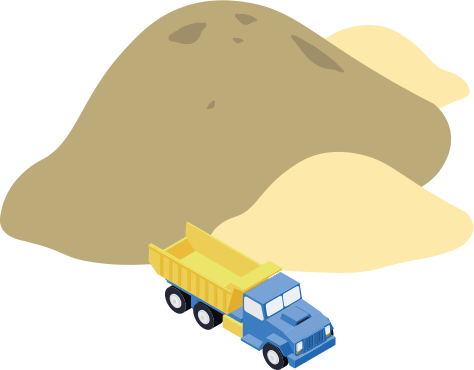Like it or not, we all live in Google’s world.
Of course, not every business is dependent on Google. Many are, and many more would like to be. If you could get top organic rankings on Google, you’d be living high off the hog.
If that’s the case, you only have two options. Cross your fingers and hope for the best. Or work to understand how Google thinks and operates, and to keep up with their changes.
That makes us all Google Watchers.
IS THIS SOMETHING NEW?
It’s not a new thing to have your business hugely dependent on one industry or one company. Usually it has been limited geographically. Many cities in the Midwest were hugely dependent on a single automotive manufacturer. When General Motors floundered, Flint Michigan almost died. There are many other examples.
Having a global economy means that kind of effect can be national or international. Google is probably a big player in every country on earth.
Regardless, it is wise to realize change is normal and nothing lasts forever.
THE END OF THE GOOGLE ERA
It’s safe to predict that someday, Google will no longer be top dog. People have been predicting that year after year. It may get them headlines, but so far, the end is not in sight. Will Google be as dominant as they are now 10 years from now? Probably. Fifty? Who knows?
In the meantime being a Google Watcher is the smart move for most people. And presumably, if you’re paying attention, you’ll see it coming when someone – or something- starts to replace them, as it surely will.
RULES FOR GOOGLE WATCHING
Let me share my three big rules for Google Watching:
- There’s a whole vast range of importances from totally important, too trivial-who-cares factoids. Pay attention to the most important things.
- The most important thing of all is understanding how Google thinks.
- You have to separate what’s true from the vast quantities of B.S.
HOW GOOGLE THINKS
Understanding how Google thinks gives you a framework for understanding what Google is doing. It enables you to figure out a lot of things without having to read everything they write. It also gives you a framework for evaluating the truth of what people are saying about Google.
When we say, “how Google thinks” we are really saying “what is their business model?” They are after all, a for-profit company and are obligated to their shareholders (including themselves) to maximize their profit.
Google’s business model could be obscured by the many things they do, but in truth it is very simple:
The vast majority of Google’s revenue comes from Google Ads, the paid listings on Google search results pages and on many website, videos, mobile apps, and games.
In turn, that revenue comes directly from the fact that people trust and use Google. But they trust Google because they trust its organic search results. And that is because people have learned over time that Google is more likely to provide what they are looking for than other sources.
On the one hand this immediately answers all the conspiracy theories about Google putting its thumbs on the scale of search results. It would cost them trust and that would cost them money. Sure, they could be doing a bit of it, but they couldn’t get away with much.
FREE STUFF
All that profit gives them billions of dollars to provide valuable services for free that are also used by hundreds of millions of people and add to Google’s being trust. Gmail, Google Analytics, YouTube and so on.
These give Google just more ways to become people’s default company for everything. It also fits with their company mission of organizing all knowledge.
To do that of course takes trust. So every Google service, free or not, is likely to be highly reliable.
A LARGE AMOUNT OF BALONEY
Of course, tons of disinformation is constantly spread about Google. If you are going to succeed with Google, you need true data. You can often ask yourself, when you hear something about Google, if it makes sense.
You can also discover reliable sources of data and lean on them, not rumors spread by the New York Times or something.
CHINKS IN THE ARMOR
I don’t know if this will be its downfall, but the relationship between Google and governments is an uneasy one.
There’s been a lot of flack about Google working with the Chinese Communist government, helping it suppress its own people. And there are continued and ongoing battles over Google’s status as a monopoly, and it’s using of others’ content without compensation, especially in Europe. How will this all play out? Stay tuned. And that is the point. Don’t be an unthinking fan-boy. Do pay attention.
THE MORE THINGS CHANGE
One thing you can count on with Google.
Change.
One reason Google has stayed on top for going on 20 years now, they never rest. They are always making changes. It can be quite demanding trying to keep up with the changes. That’s not going to stop.
As I said, understanding how Google thinks helps a lot. Then you don’t have to follow every little change because what you are doing is going to work with their changes. But with often there’s no substitute for keeping up with things and for that there is no substitute for reliable sources.
Google themselves are a great source for information, and in recent years, they have been more transparent. Their current main search spokesman, John Muller, is amazingly open answering questions.
For twenty years, we’ve speculated about the most important factors in search ranking. Two years ago, Google just up and said what the top three factors are. I’m sure some people fainted over that.









